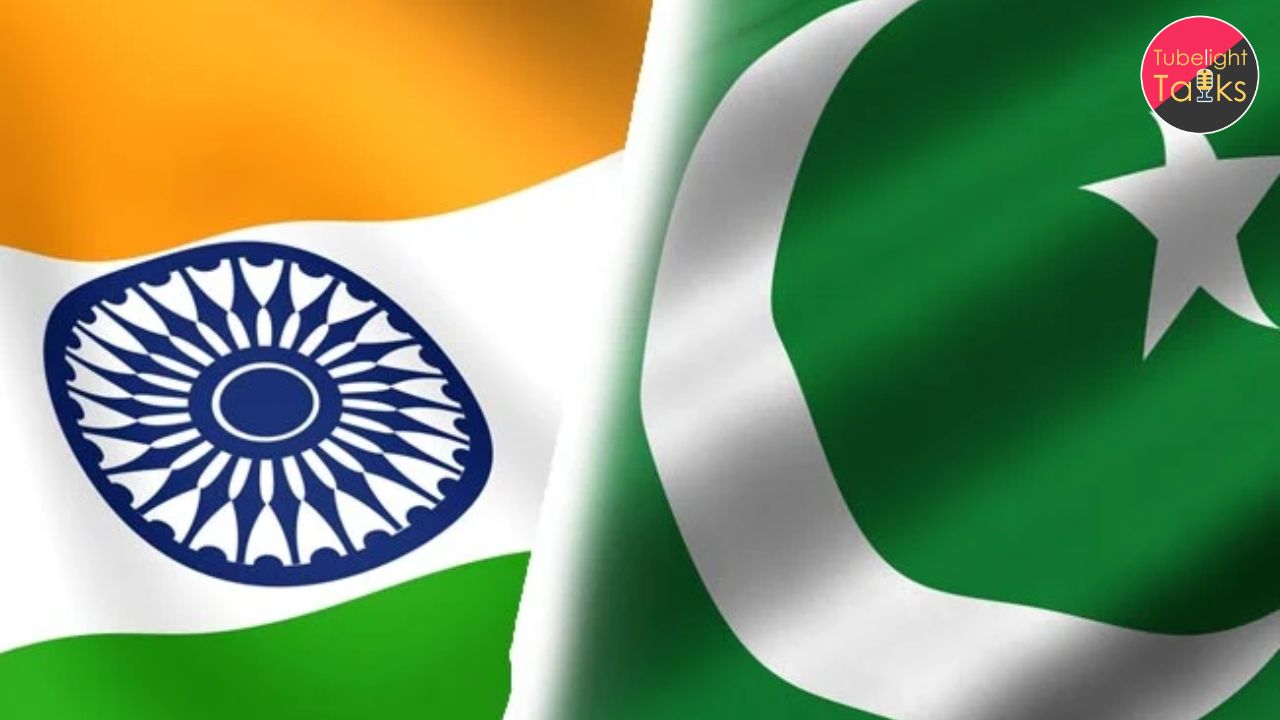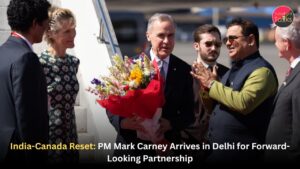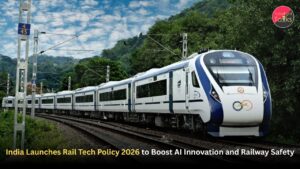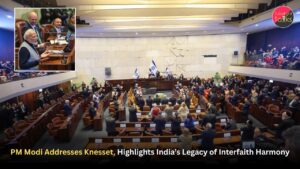India vs. Pakistan: A Comprehensive Comparison
India and Pakistan, two neighboring nations born from the partition of British India in 1947, share a common history but have followed distinct developmental paths. Over the decades, their trajectories have diverged significantly in terms of governance, economy, military, culture, and global influence. Here’s a detailed comparison across key dimensions:
Governance and Political Stability
India: A Robust Democracy
India is a democratic republic that practices secularism and has a strong multi-party parliamentary system. Since its independence, it has held regular, free elections, promoting diversity and political inclusion. Institutions like the Election Commission and an independent judiciary have contributed to the nation’s democratic resilience.
Pakistan: Democracy with Military Influence
Pakistan has faced political turmoil, with several military takeovers. Although civilian governments have gained strength in recent years, the military continues to play a dominant role in policymaking. Efforts toward democratic reform continue, but governance challenges remain.
Economic Performance and Development
India: A Global Economic Powerhouse
India is among the fastest-growing economies globally, fueled by its services sector, tech exports, and manufacturing. With a GDP of over $3.7 trillion in 2025, it ranks among the top global economies. Key sectors include:
- Information Technology (IT)
- Pharmaceuticals
- Automotive manufacturing
- Renewable energy
Pakistan: Economics Amid Challenges
Pakistan faces several economic hurdles, including high external debt, trade deficits, and reliance on agriculture and textiles. Despite reforms and international assistance, long-term growth remains constrained by:
- Limited industrial diversification
- Structural fiscal issues
- Currency depreciation
Military Strength and Defense Capabilities
India: Strategic Military Superiority
India possesses one of the largest and most modern armed forces globally. With a significant defense budget, it invests heavily in:
- Indigenous defense production via DRDO
- Advanced missile systems and satellites
- Joint military exercises with global powers
Pakistan: Strong but Dependent on Aid
Pakistan maintains a well-equipped military, particularly strong in terms of strategic deterrence and counterterrorism. However, it is more dependent on foreign military aid and imports. Nuclear capability remains a central element of its defense posture.
Cultural Identity and Global Influence
India: Cultural Superpower
India’s diverse languages, religions, cuisines, and art make it a cultural giant. It is home to Bollywood, one of the largest film industries in the world, and enjoys strong global soft power.
Pakistan: Rich Regional Influence
Pakistan also boasts a vibrant cultural heritage, especially in music, poetry, and television dramas. Its cultural exports have a loyal following in South Asia and among the global diaspora.
Diplomacy and International Standing
India: Expanding Global Reach
India has developed strong ties with major world powers such as the U.S., EU, Japan, and Australia. It is a member of key international groups like:
- G20
- BRICS
- QUAD
- SCO
India’s foreign policy emphasizes economic diplomacy, strategic autonomy, and regional leadership.
Pakistan: Geopolitical Importance
Pakistan is strategically located at the intersection of South Asia, Central Asia, and the Middle East. Its ties with China, Saudi Arabia, and Turkey are notable, though its international image often faces challenges due to security and governance concerns.
Bilateral Relations: Conflict and Cooperation
Despite frequent border tensions and terrorism-related disputes, India and Pakistan have at times pursued peace through:
- Trade talks and ceasefire agreements
- Cultural exchanges and sports diplomacy
- Track II diplomacy and backchannel negotiations
However, progress is often stalled by incidents like cross-border attacks, political rhetoric, and mutual distrust.
Conclusion: Two Nations, Divergent Paths
India and Pakistan started their journeys with similar foundations but have evolved into distinct political and economic entities.
- India stands out with its stable democracy, expanding economy, and global ambition.
- Pakistan, while resilient and strategically important, continues to navigate complex domestic and regional challenges.











Discussion (0)